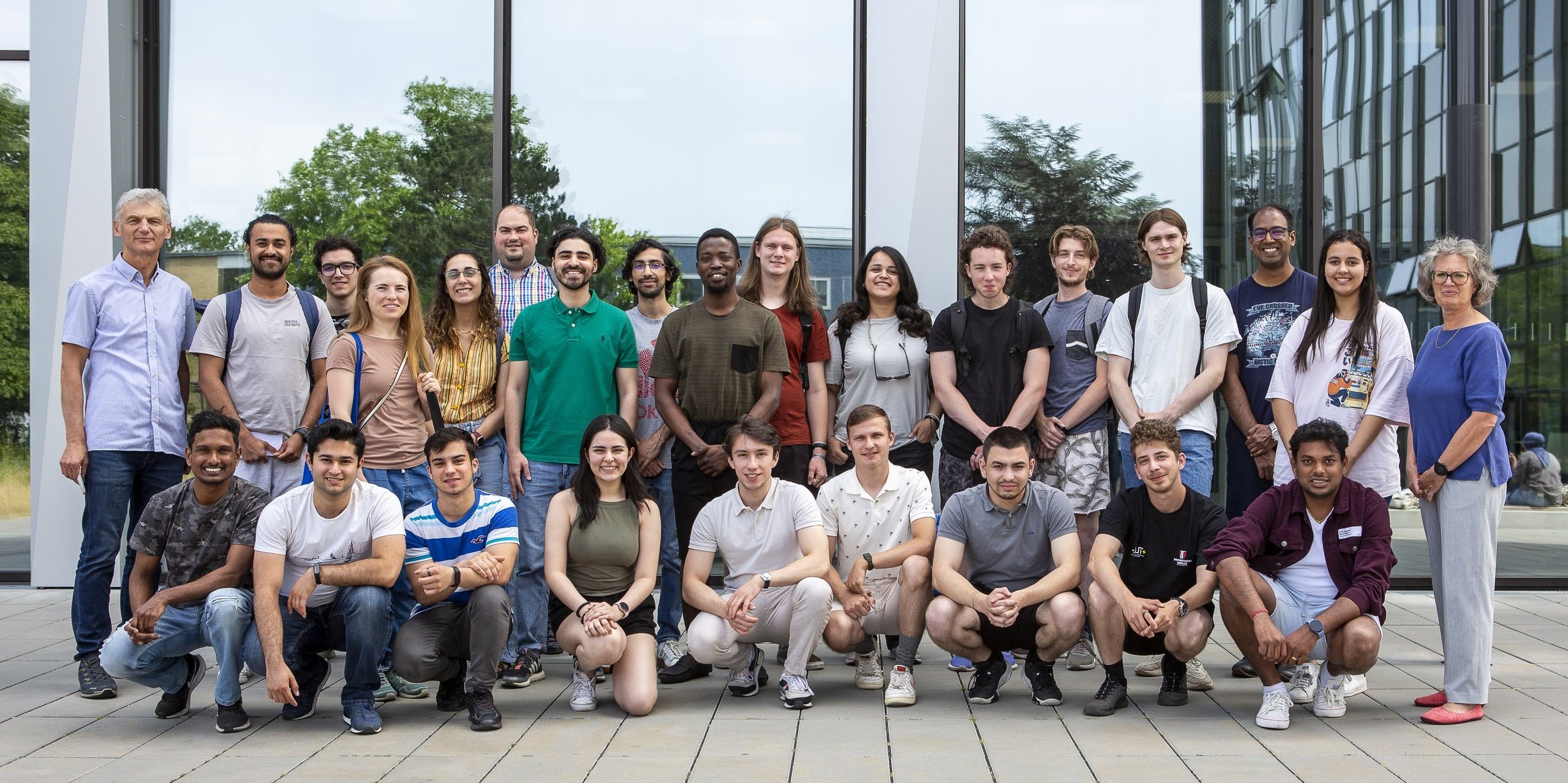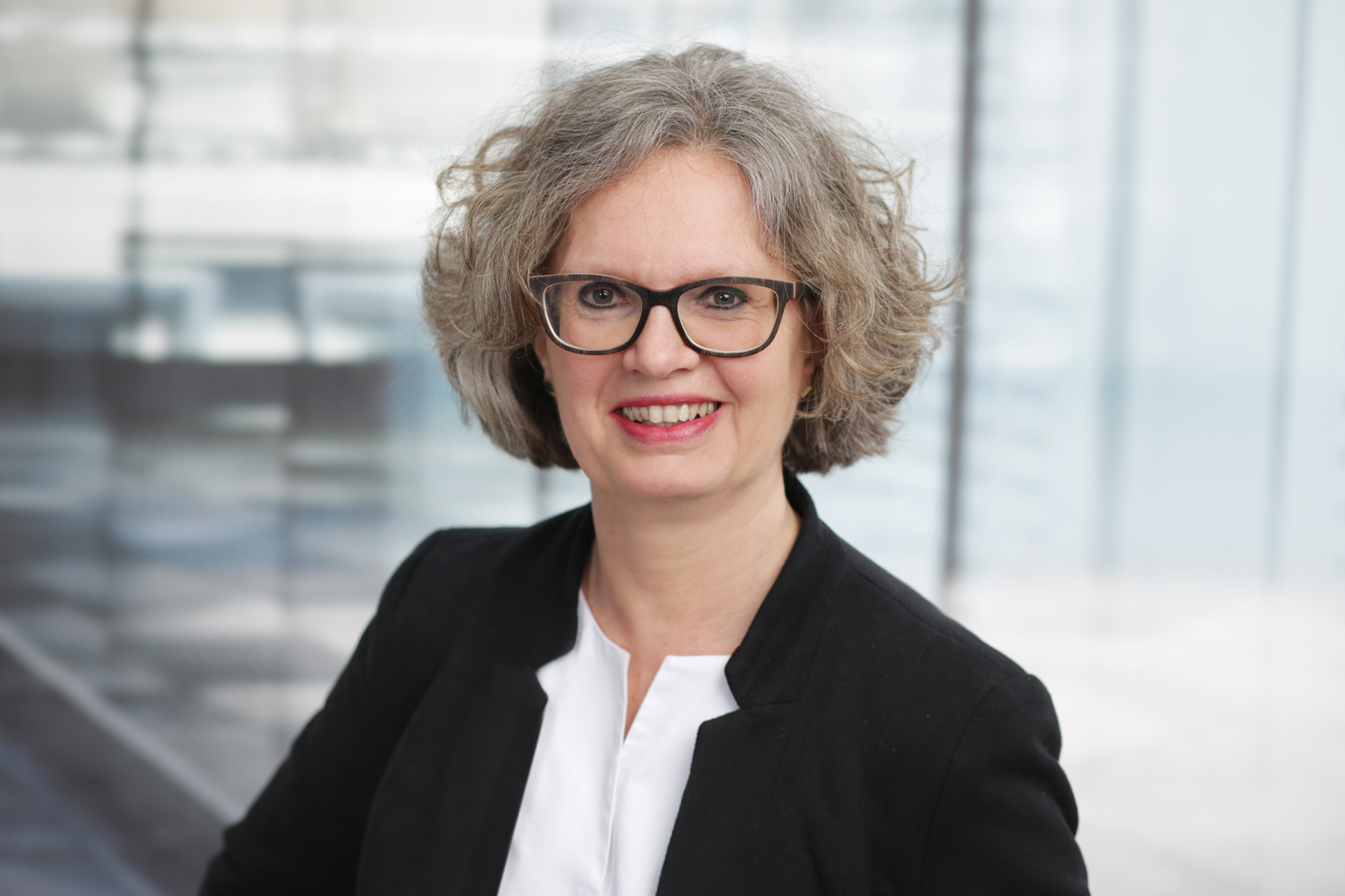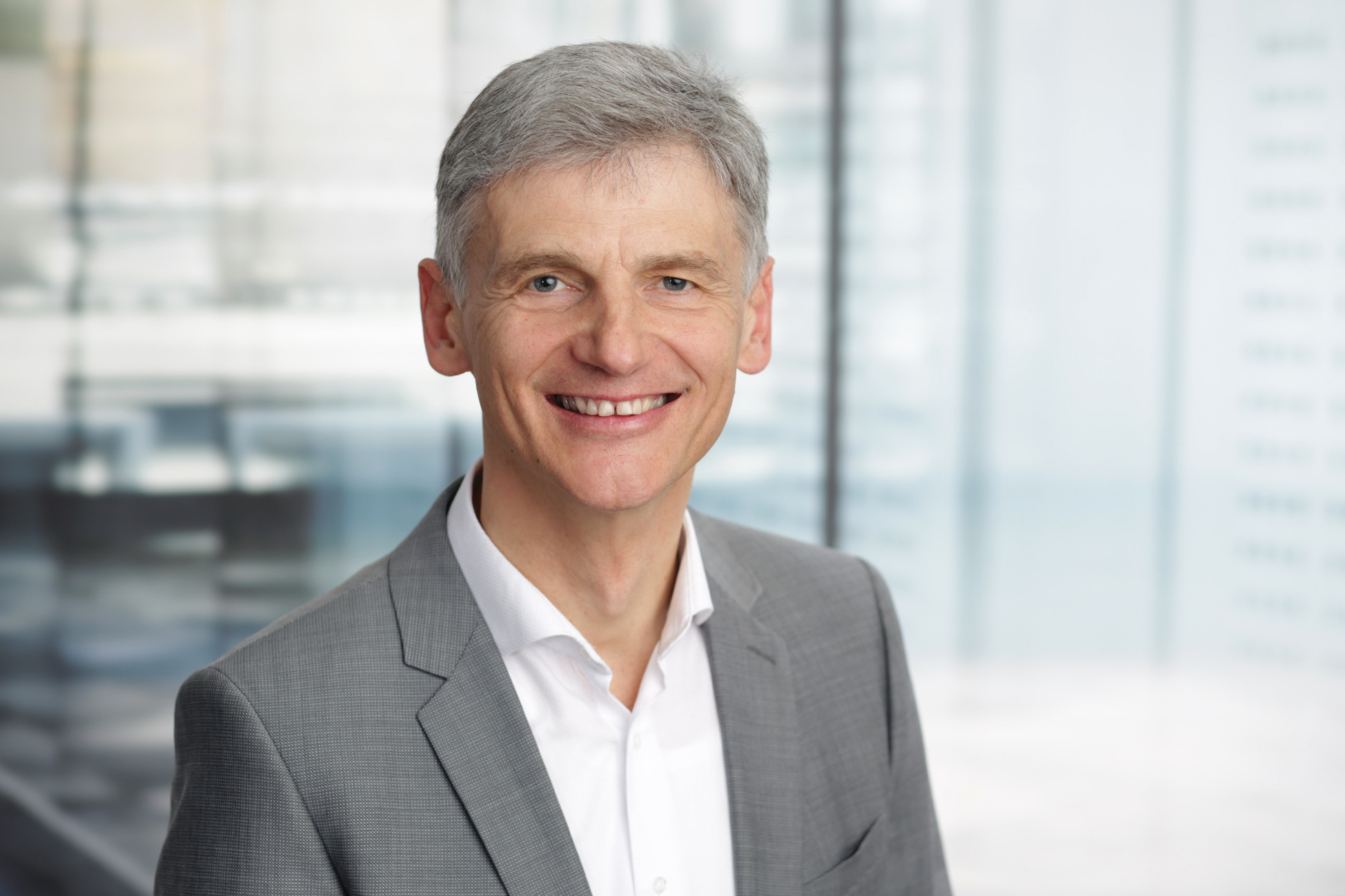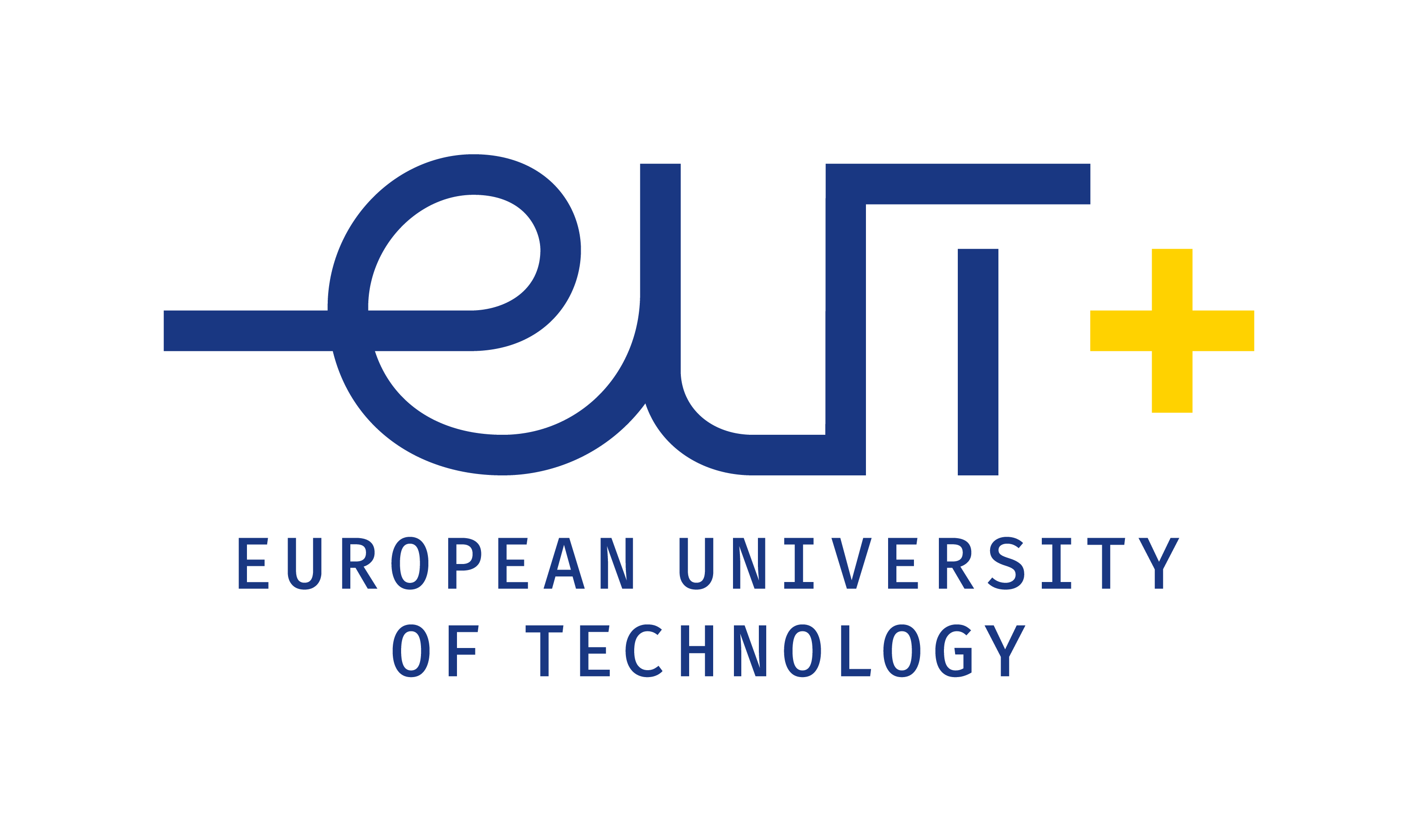
Abgeschlossene Programme
Hinweis
Das unten genannte BIP ist erfolgreich abgeschlossen; eine Bewerbung ist nicht mehr möglich.
Studying with a European perspective and experiencing the practice abroad?
Blended Intensive Programme (BIP) on "Material Modelling - Testing and Parameter Identification“
Learn online with other European students and then discover Darmstadt together!
General information:
- online lectures, Mondays at 5:00 PM (Darmstadt & Troyes time; 6:00 PM in Riga & Cluj time) for 90 min. excluding holidays e.g. Easter
- Examination: online-test, homework, technical report, presentation (course description)
- Language: The course is fully taught in English
- 5 ECTS will be awarded
Who can take part?
- Bachelor and Master of engineering, e.g. mechanical engineering, civil engineering, plastics engineering, industrial engineering; PhD students upon request
- For students of the following EUt+ partner universities: Technical University Riga, Université de Technologie Troyes, Technical University Cluj Napoca
- Academic prerequisites
Dates:
- Start of online lecture: 27 March 2023
- Intensive week in Darmstadt: 26 - 30 June 2023 (= end of the course)
Finances:
- You can use an Erasmus+ scholarship for your stay in Darmstadt from your home university
- Transportation, lunch and social programme is provided by h_da (travel and accomodation costs need to be covered by the participants)
- No fees for the BIP will be charged
How to register?
- Please contact your International Office for the nomination (see contacts below) by 6 March 2023
Course content
In an increasingly digitalised world, products and components are developed more and more virtually. The used materials and their properties influence the behaviour of the components significantly in addition to the geometry of the components and the type of load. This means that the behaviour of the materials must be described in the computer realistically. For that, material models are necessary. These models must be parameterised using suitable tests. The large number of used materials and their different behaviour under different loading during service life are a special challenge. A realistic description of the material behaviour enables a targeted optimisation of the component behaviour with a resource-saving material use.
In the course, the perspectives of virtual product development using modern FEM software and materials engineering are connected. A wide variety of materials are considered, tested and modelled using programming language Python, where no prerequisites are necessary.
All participants work on their own project on a material with literature research, experiment, model selection and parameter identification. Programming skills learnt in the course will be used.
Your lecturers


Your contacts for funding and mobility-related questions:
• h_da: Ronja Schneider (welcomecenter@h-da.de)
• RTU: Sabine Baltaisbrence (sabine.baltaisbrence@rtu.lv)
• TUCN: Ludmila Lutencu (Ludmila.LUTENCU@staff.utcluj.ro)
• UTT: Aurélien Mathieu (aurelien.mathieu@utt.fr)
Your contacts for academic/ course-related questions:
- h_da: Brita Pyttel (brita.pyttel@h-da.de)
- RTU: Marina Čerpinska (Marina.Cerpinska@rtu.lv)
- THM: Thomas Pyttel (thomas.pyttel@m.thm.de)
- TUCN: Cristian Dudescu (mircea.dudescu@rezi.utcluj.ro) and Radu Chiorean (radu.chiorean@rezi.utcluj.ro)
- UTT: Abel Cherouat (abel.cherouat@utt.fr)

